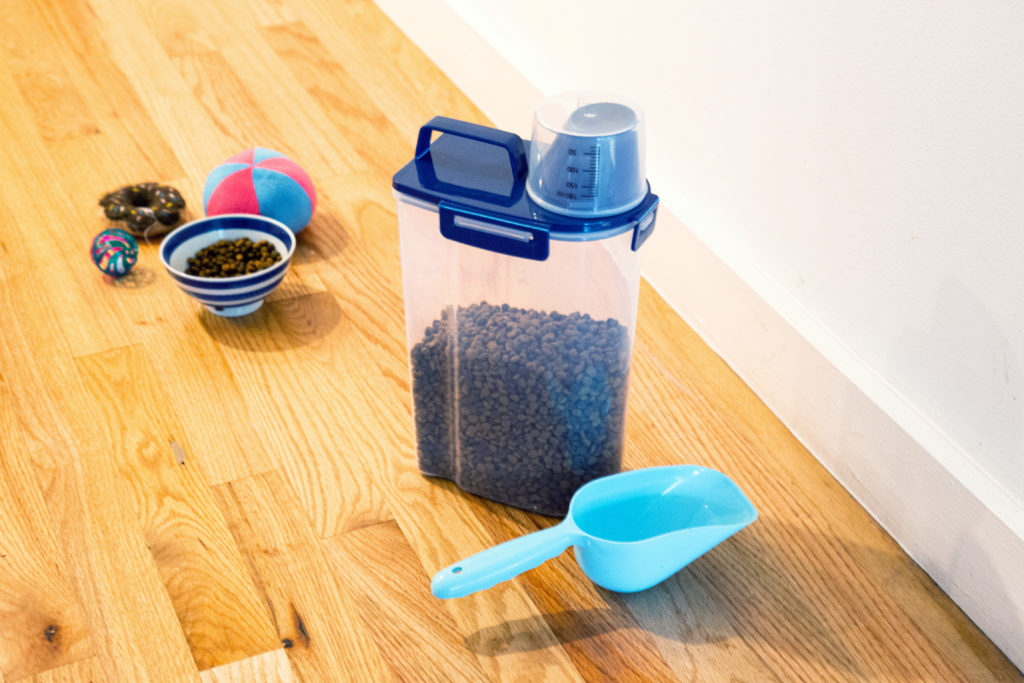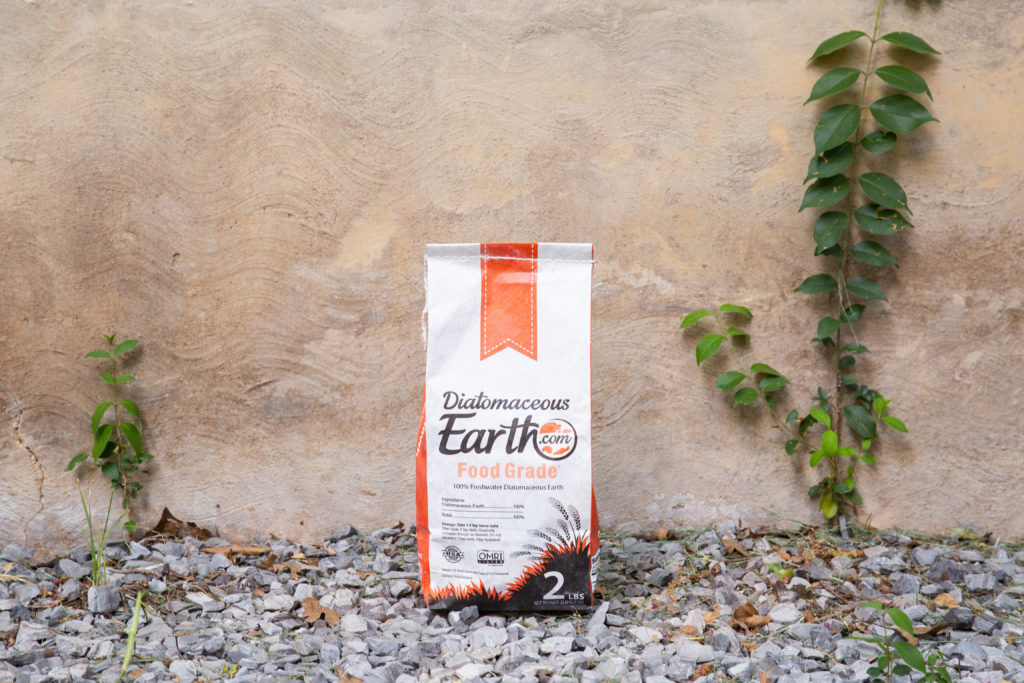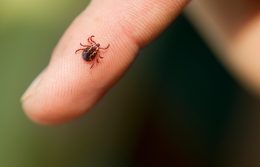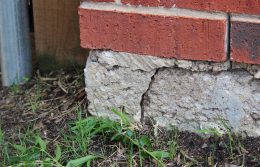Natural Pest Control Guide
Summer is when the bugs come outside to play and inside to stay. Sometimes thorough cleaning isn’t enough to deter these unwanted visitors. Here is a pest control guide with a few natural hacks to keep bugs out.
1. Don’t Leave Food Out
The first step in this pest control guide is to not tempt fate. Pests are usually coming into your home looking for food and water, and those sources of nourishment aren’t always found in the kitchen or pantry.

2. Secure Pet Food
Kibble is another commonly overlooked food source. Make sure all pet food is kept in a secure container and that feeding bowls are emptied and cleaned nightly. You may also want to check that your furry friends haven’t hidden snacks for later around the house!
3. Check for Groundwater
Make sure that there is no groundwater in the basement or garage — this can attract mice looking for a refreshment.

4. Use Aromatherapy
If you are having trouble with fruit flies, put ½ cup of apple cider vinegar in a bowl with 1 tablespoon of dish soap and leave it out for several days. They will be attracted to the apple cider vinegar but will not be able to fly away upon being exposed to the dish soap.
Most household pests seem to be deterred by certain strong natural scents. Spraying concentrated essential oils on baseboards or in problematic areas may help repel pests. Some options:
- Peppermint is a strong mouse deterrent; it also repels ants, cockroaches, bedbugs, spiders, flies, stink bugs, and moths.
- Cedar repels many insects and is especially useful for fleas.
- Sage and rosemary are effective mosquito repellants when burned.
- Peppery sachets filled with cinnamon sticks, cloves, lavender, peppercorns, wormwood, and dried lemon peels will deter many flying pests.
5. Clean With Vinegar
Vinegar is an excellent natural pest repellant, especially useful for ant and fly invasions. Washing areas that may be prone to ants — such as counters, baseboards, and areas near your trash can — with a white vinegar-based cleaning solution will disrupt the scent trail ants leave behind to communicate with each other.

6. Sprinkle Food-Grade Diatomaceous Earth
Food-grade diatomaceous earth is a powdery dirt substance you can use in your gardening for pest control. It’s made up of finely ground fossils that are so small and sharp that it suffocates insects exposed to it. It is effective against most small pests, including slugs, beetles, worms, fleas, mites, spiders, and roaches. However, it is harmless to humans, plants, pets, and larger animals. To use it:
- Take care to use a mask when handling so you avoid any respiratory inhalation.
- Sprinkle liberally around the outside perimeter of your house, garden beds, and even directly on plants.
- Reapply after rainfall or when it gets wet.
7. Enlist Plant Allies
Cultivating certain plants in your outdoor space may be incredibly beneficial to keeping pests out of your living space. Even a humble DIY herb garden can have a massive impact as a pest deterrent.
- Aromatic plants such as chives, onion, garlic, basil, cilantro, lavender, rosemary, sage, mint, wormwood, and tomato leaves repel a wide range of insects and pests.
- Catnip is an excellent deterrent to many pests but is particularly useful against cockroaches and can even be made into a spray to be used inside the home.
- Marigolds, lemongrass, and lemon thyme are especially useful to deter flying insects such as mosquitos.
- Chrysanthemums and petunias are very helpful in repelling ants and beetles.
For more all-natural hacks, check out our guide to DIY cleaning supplies.
© 2022 Texas Farm Bureau Insurance



